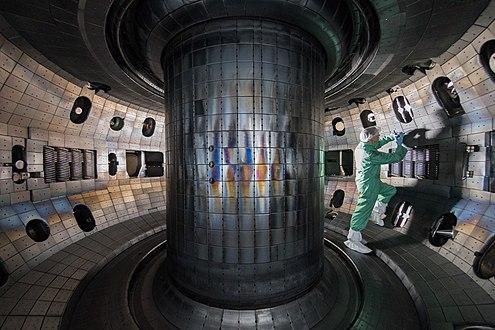Present and future fuels
- Opinión

I have read an unexpected piece of news in a Reuters dispatch, something amusing, but very significant. Near the old La Concepción oil field (Venezuela), a group of criminals has stolen crude oil and produced homemade gasoline that has immediately found a buyer. A Hopeful anecdote for petrol starved Venezuelans; because those domestic gasoline producers do not seem to have been much hampered by the blockade or by the war and economic sabotage applied by Washington against the Bolivarian Revolution.
Perhaps it is a solution to the gasoline shortage imposed by the Empire against the free and sovereign glorious homeland of Bolivar. It seems that the secret to circumventing sanctions and supplying the country with gasoline is quite a simple one: clandestine production.
In any case, the future of the Venezuelan oil-based economy has dark clouds on the horizon.
The global clamor for a world powered by renewable and clean energy heralds the decline of oil as the engine of the world economy. Oil production has already peaked in Saudi Arabia, where it is increasingly necessary to inject large quantities of water into the exhausted wells, to obtain the necessary pressure to extract oil. These facts coincide to impose technological changes which the Venezuelan economy (whether the Bolivarian or the other version) is not prepared to carry out.
In any case, what lies ahead is not a replacement of fossil fuels with classic renewable energies such as wind and so on.
The change is much greater: the shift is towards electrical energy produced by nuclear fusion.
Nuclear fusion is a process that, unlike nuclear fission, does not pollute and produces more energy than it consumes. It is the same type of energy produced by solar explosions, therefore, eternally renewable. It seems that Russia, China and France are already on the threshold of producing this type of energy, together with gas as a less polluting source of transitional energy.
With cheap and accessible electrical power, electricity will power the engines of the future. The engines of the future will no longer explode; the world will be moved by electric engines powered by batteries.
This is good news for Argentina, Bolivia and Chile, which have large deposits of lithium, the material that will give long life to the batteries that will power the engines of the future that will be lighter and less noisy. A more versatile future force with other horizons for migrants from the depleted oil economies.
The highways will have service stations that will replace batteries; just as the old post offices replaced horses, a standard of interchangeable batteries will be necessary.
President Macron has just announced the entry into operation of the French nuclear fusion plant (Tokamak) in Caradache (South of France); China announced a couple of months ago that it had managed to produce fusion temperatures in its Anhui Tokamak which were higher than those of the sun. 100 million degrees. Another novelty is that cheap electricity can be distributed by laser. No wires.
For now, we can solve the problem of the gasoline shortage that has paralyzed Venezuela by appealing to the secrets of the magic and witchcraft they use to produce homemade gasoline from crude oil stolen at La Concepción. Locality located in the Jesús Enrique Lossada Municipality of the Maracaibo District, Zulia State, for information of interested motorists.
Almeria 11/21/2020
Del mismo autor
- Bubbles, Dumping and Refugees 06/09/2021
- Burbujas, dumping y refugiados 06/09/2021
- Afghanistan for China 25/08/2021
- Afganistán para China 25/08/2021
- 1819 ideas for the XXI Century economy 05/08/2021
- The keys to Chinese successful economic growth 22/07/2021
- Las claves del crecimiento económico exitoso de China 22/07/2021
- Need for a New International Value benchmark 05/07/2021
- Nueva Referencia Internacional de Valor 30/06/2021
- Taiwan in the near future 17/06/2021
